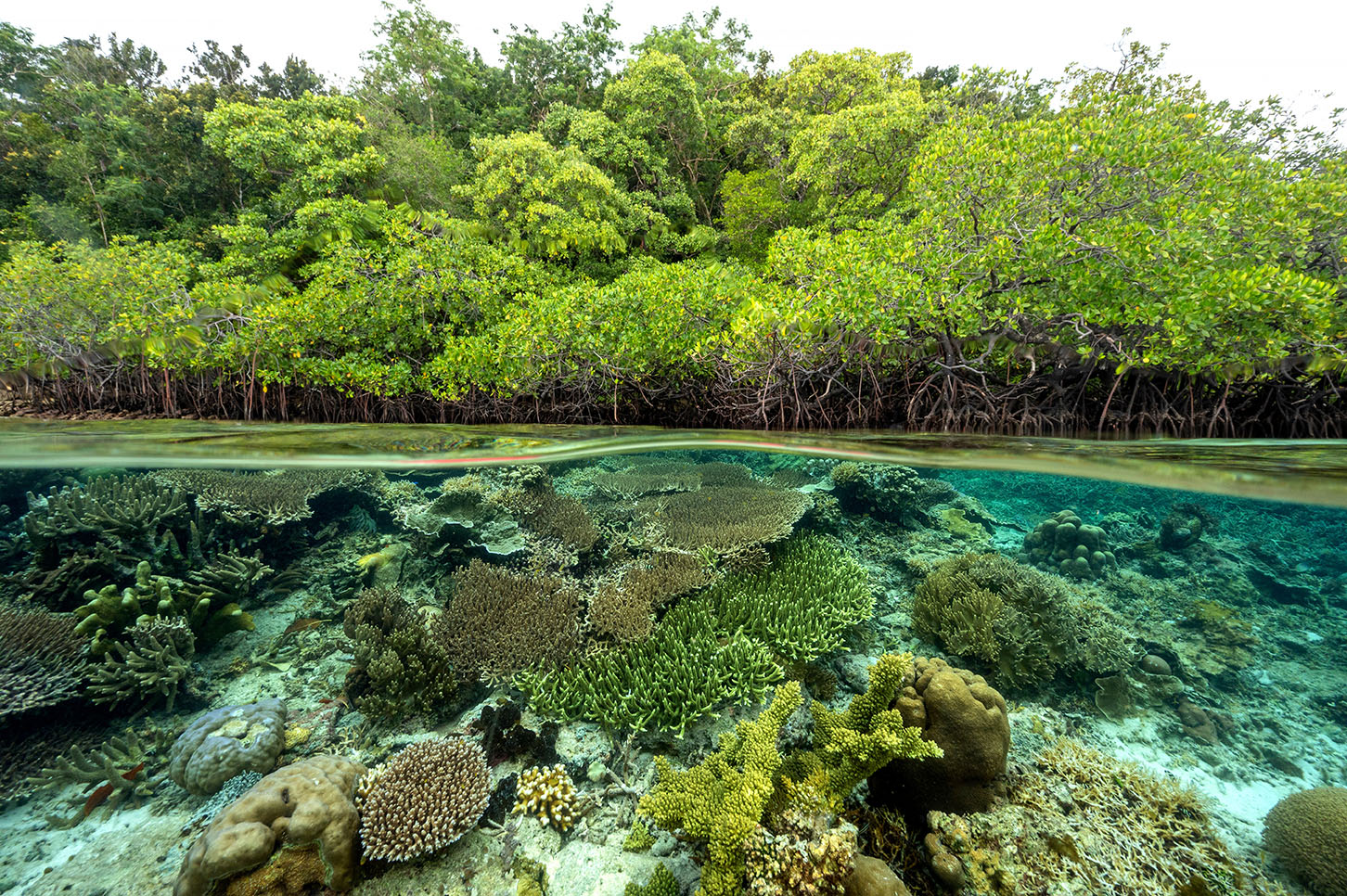

Biodiversity is the variety of life on Earth. It includes all the different plants, animals, and other living things that exist in the world.
Biodiversity is important because it helps to keep the Earth healthy. Different types of living things need different things to survive, so having a variety of life helps to make sure that the Earth can support all of its different inhabitants.
Biodiversity is also important for humans. We rely on other living things for food, medicine, and other resources. If biodiversity declines, it could have a negative impact on our own health and well-being.
The Amazon rainforest is one of the most biodiverse ecosystems on Earth.

Noun:
biodiversity (the variety of life on Earth, including the different species of plants, animals, and microorganisms).
Adjective:
biodiverse (having a great variety of life).
Verb:
to biodiversify (to increase the variety of life in a particular area).
The word "biodiversity" is a combination of the Greek words bios, meaning "life," and diversity, meaning "variety." The word "biodiversity" first appeared in English in the 1980s, and it refers to the variety of life on Earth.
What is biodiversity?